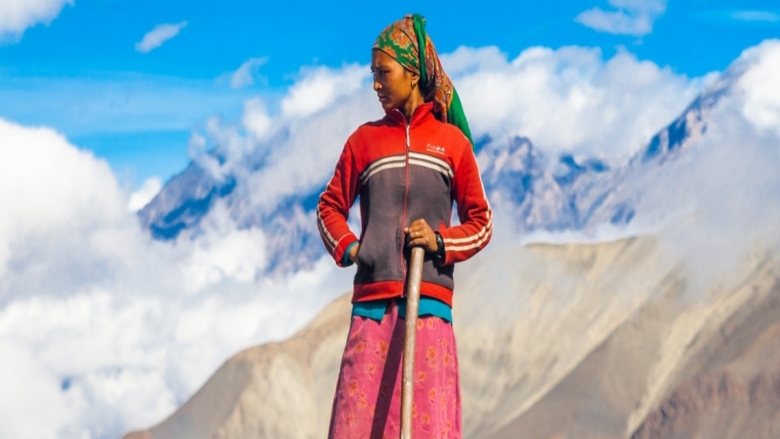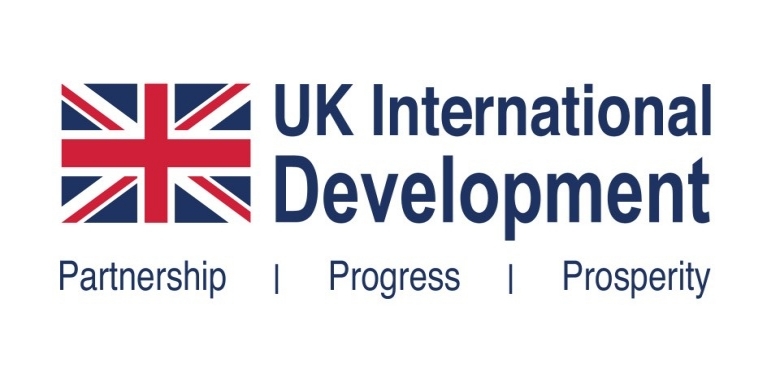The Resilient Asia Program (RAP) aims to accelerate transformational climate action in South Asia, with UK’s Foreign, Commonwealth and Development Office (FCDO) as its first donor. RAP is a component under FCDO’s Climate Action for a Resilient Asia (CARA) initiative and the anchor window to lead on the climate resilience agenda under the World Bank South Asia Regional Integration, Cooperation and Engagement (RICE) Umbrella Trust Fund. The program will engage in activities to help advance the following four areas in the region:
- Generating knowledge and improving understanding of impact of and response to climate change
- Strengthening capacity to plan, design, and implement policies and investments that build climate resilience and protect biodiversity
- Catalyzing climate investments and developing high impact climate action
- Supporting regional cooperation and building resilience on shared/transboundary climate, environmental, and water resources
RAP became active in May 2023, with an initial focus on Bangladesh, Bhutan, India, Maldives, Nepal, and Sri Lanka, but is expected to expand to parts of the wider Indo-Pacific.
The Swiss Government's Agency for Development and Cooperation (SDC) joined RAP in 2024 with financial support to accelerate efforts to combat air pollution in Bangladesh, India, and Nepal, where air quality is among the worst globally.










